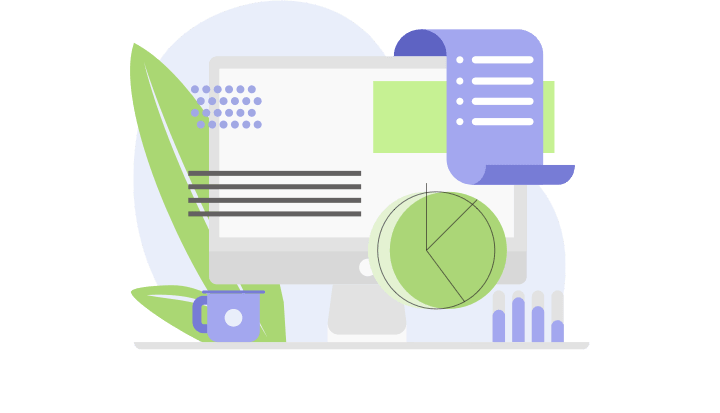
All of the software companies mentioned have partner programs for accountants and bookkeepers; you can usually access these directories when you’re logged into the software. Its platform is competitively priced, it’s easy to learn and use, and Sage software has an international presence. Once accounting you’ve established what you want, cost is the next crucial factor.
Consider VAT registration and tax

They’ll also share the load in terms of strategic planning and monitor all upcoming deadlines. Knowing how you can claim back some money on your taxes is the best way to save some money for your company, but it isn’t always so straightforward. That’s why choosing software that offers a self-employed expenses calculator is so important. To keep on top of these outgoing and incoming expenses, sole traders usually need to make daily logs to avoid missing payments or making errors.
- As a sole trader in the UK, you have specific tax responsibilities that you must fulfill to ensure compliance with HMRC regulations.
- For us, it struck that all important balance between functionality and accessibility.
- I came across an issue, they did not waste time to response and work with me to resolve it.
- Zoho Books is ideal for sole traders who want automated workflows and detailed financial insights without breaking the bank.
- All of the essential features were logically categorised, which made navigation a dream.
- When choosing accounting software, you must consider your specific needs as a sole trader.
- Good accounting practices are a key element of a successful business.
Self-employed Accounting Software
It comes with a seriously steep learning curve, and many of our testers found the system to be old-fashioned and difficult to use. Essentially, if you’ve got a long list of clients, and you want to effectively manage them and offer them a dedicated client portal to use, Xero will be a top choice. While there was a steep learning curve (especially compared to FreshBooks), once we got going, what stood out to us was how well-organised the layout was – superior to all its competitors. All of the essential features sole trader accounting were logically categorised, which made navigation a dream. FreeAgent’s a great choice if you’ve just started your own business because it excels at simplifying complicated financial tasks. FreeAgent does simplicity well – its layout is nice and clear, and while it might not be quite as modern as Zoho Books, it does exactly what you need it to.
- Full access to industry standard FreeAgent accounting software is included in our great value fixed-fee sole trader accounting package which is only £50 +VAT per month.
- This simple step will ensure that you’re in a good position to start the next financial year running.
- Capital management influences financial statements, shaping the portrayal of financial health and performance.
- These tools offer a range of features such as expense and income tracking, invoice creation, and automatic bank account feeds.
- Staying on top of sole trader bookkeeping is key to smooth self-assessment reporting, easy-to-manage accounts and making informed business decisions.
- Book a free consultation to discuss more about what a sole trade is and whether this is the best company type for you.
Record Fixed Asset Details
Sole trader bookkeeping requires keeping your financial and business records up to date, as a daily process. A sole trader, also referred to as a sole proprietor, is a person who owns and runs their own business as AI in Accounting the sole owner and is personally responsible for, and in full control of, its operations. From a legal standpoint, the business owner and the business itself are considered the same legal entity. The government’s Making Tax Digital (MTD) initiative is aiming to modernise and shift the Income Tax system online.

This needs to be made by the Self Assessment tax return deadline (31 January following the end of the tax year). Once your Self Assessment has been completed, it’s time to think about Payments on Account. Essentially, these are advance payments of Income Tax and Class 4 National Insurance Contributions (NICs) that certain individuals are required to make for future tax years. If you discover an error on your paper or online tax return, you can amend it up to 12 months after the 31 January deadline following the end of the tax year. When you register as a sole trader with HMRC, you will be automatically enrolled to complete the Self Assessment Tax Return each year.